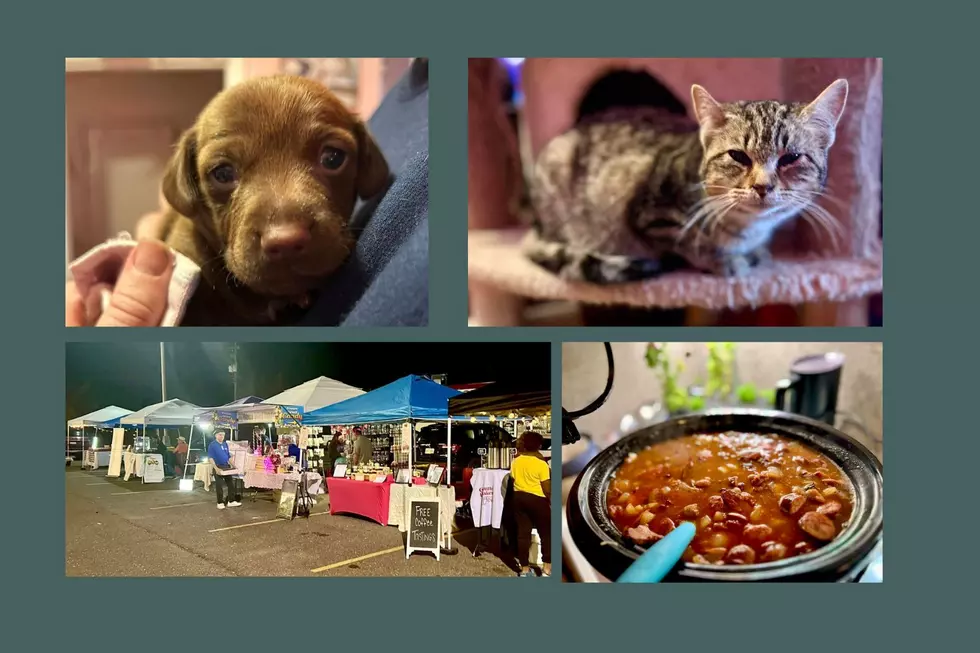
Food Poisoning In Caldwell Parish Brings Danger To Light
As Americans, we take a lot of things for granted. Things that people in other parts of the world don't have. Some of these are written into our laws like the freedom to speak our minds, or the freedom to attend the church of our choice. Others are related to basic cleanliness like running water and sewer systems that dispose of our waste.
We also take for granted that the food we put into our bodies is safe to eat, because the government has put watchdogs over the food producers in our country. This process is generally effective, but sometimes it breaks down either on the side of the food growers, manufacturers, and distributors or on the part of those preparing the food once it reaches the consumer.
If you're not buying it straight off the farm or boat, the food you eat is passing through a lot of hands, and that's where the process can break down. This fact was brought home in an alarming way with the recent incident of mass food poisoning in Caldwell Parish. Louisiana's Office of Public Health has now linked 140 illnesses and 40 hospitalizations to a bad batch of jambalaya served at a community softball game.
The two pathogens responsible for the outbreak are Salmonella and Clostridium perfringens. Most of us are familiar with Salmonella because it is quite common in the U.S. C. perfringens is not as famous, but is a persistent threat. According to FoodborneIllness.com, C. perfringens poisoning is "associated with under-cooked meats, often in large quantities of food prepared for a large group of people and left to sit out for long periods of time. Because of this, it is sometimes referred to as the 'food service germ.'”
With the holidays approaching, many of us will be cooking for large numbers of people. LSU AgCenter food safety expert Wenqing Xu told the Louisiana Radio Network that food-borne pathogens naturally exist on raw foods, but can be eliminated by cooking thoroughly. This is especially true when cooking meats.
The USDA sets the recommended cooking temperature for meat at 160 degrees. (E. coli is killed at 155 degrees.) The best way to make sure you achieve this temperature when cooking is with a food thermometer. It is also extremely important to keep raw meat chilled until use.
We take a lot of things for granted in this country. But, as a wise mother once said, "Don't put that in your mouth! You don't know where it's been!" Good advice to heed when you head out to that Thanksgiving or Christmas potluck dinner. If you don't know how it was cooked or stored, you may want to avoid it.



